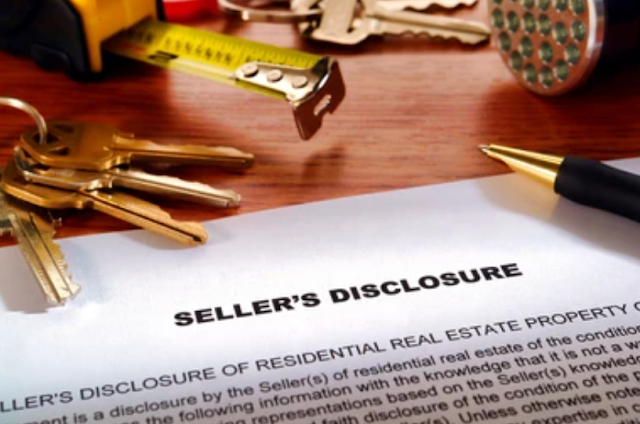Real Estate Disclosures: What Sellers Must Reveal to Buyers
Real Estate Disclosures: What Sellers Must Reveal to Buyers
Real estate disclosures refer to the legal requirement for sellers to provide certain information about the property's condition, history, and any known issues to potential buyers. The purpose of these disclosures is to ensure transparency and protect buyers from hidden defects or problems with the property. The specific disclosure requirements can vary by jurisdiction, but in this detailed explanation, we will explore some common disclosures that sellers must reveal to buyers.
Material Defects or Hazards:
Sellers are typically required to disclose any known material defects or hazards that could affect the property's value or pose risks to occupants. This may include issues such as structural problems, water damage, mold, lead-based paint, termite infestations, faulty electrical systems, plumbing issues, or any other significant defects that could impact the property's condition or safety.
Environmental Concerns:
Sellers may be required to disclose any known environmental hazards or concerns associated with the property. This could include the presence of hazardous materials such as asbestos, radon, or underground storage tanks. Additionally, sellers may need to disclose information about any environmental contamination, previous use of the property that may have caused contamination, or proximity to environmental hazards like landfills or industrial sites.
Previous Repairs or Renovations:
Sellers are typically expected to disclose any previous repairs or renovations conducted on the property. This includes major repairs, additions, or modifications that may have been made, such as roof replacements, foundation repairs, or room additions. It is important to disclose the nature of the work, the permits obtained, and whether the work was performed by licensed professionals.
Water and Drainage Issues:
Sellers should disclose any known water-related issues or drainage problems that may affect the property. This includes information about flooding, water leaks, basement moisture, drainage deficiencies, or issues with the property's grading or irrigation systems.
Legal Issues and Disputes:
Sellers must disclose any ongoing legal issues or disputes related to the property. This includes pending lawsuits, property liens, boundary disputes, or any other legal matters that may affect the property's title or ownership.
Homeowners Association (HOA) Disclosures:
If the property is part of a homeowners association, sellers must provide relevant information about the association, including the HOA rules and regulations, assessments, fees, special assessments, and any ongoing or planned litigation involving the association.
Property History:
Sellers should disclose any significant events or occurrences related to the property's history that could be important to buyers. This may include previous damage from natural disasters, insurance claims, fire incidents, or any other incidents that may have affected the property's condition.
It is important to note that the specific disclosure requirements can vary by jurisdiction, and sellers should consult with a real estate professional or attorney familiar with the local regulations to ensure compliance. In some cases, sellers may be required to provide a standardized disclosure form or complete a seller's property disclosure statement.
Failing to make required disclosures can lead to legal consequences and potential lawsuits from buyers. Therefore, sellers should exercise due diligence in providing accurate and comprehensive disclosures to buyers to maintain transparency and facilitate informed decision-making.















No comments